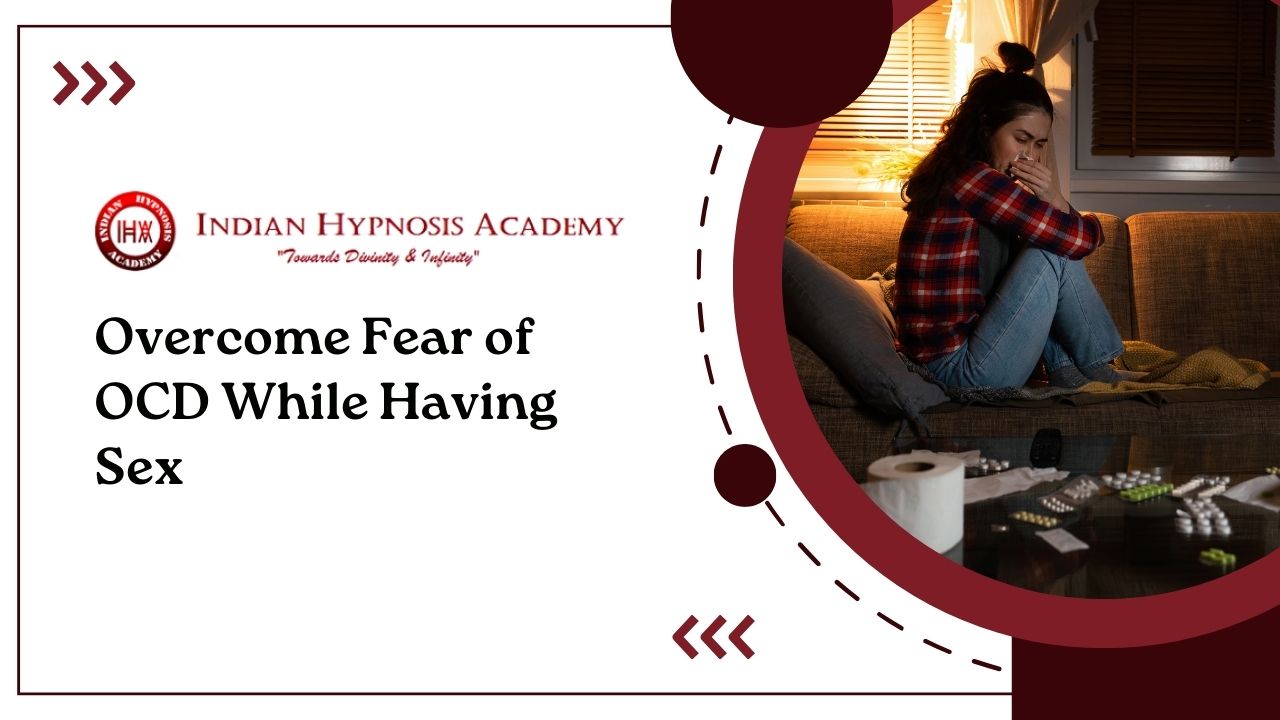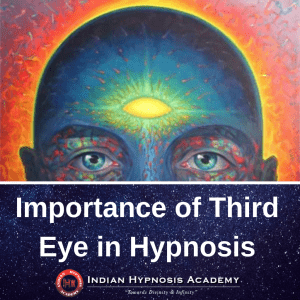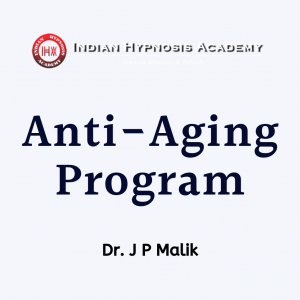Struggling with OCD can be challenging enough on its own, but when it starts affecting your intimate moments, the fear and anxiety can become overwhelming. Sexual intimacy is a crucial part of any relationship, and navigating it with the added layer of Obsessive Compulsive Disorder (OCD) can feel like an uphill battle. In this blog post, we will explore how to overcome the fear of OCD while engaging in sexual activities, from understanding the disorder to practical tips for managing symptoms. Let’s dive in and learn how to reclaim pleasure and connection in your relationships!
Understanding OCD (Obsessive Compulsive Disorder)
Obsessive Compulsive Disorder, commonly known as OCD, is a mental health condition characterized by intrusive thoughts (obsessions) and repetitive behaviors or rituals (compulsions). These obsessions can range from fears of contamination to concerns about symmetry or order. The compulsions serve as a way to temporarily alleviate the anxiety caused by the obsessions.
OCD affects individuals differently, with symptoms varying in severity and frequency. It’s important to note that OCD is not just about being overly clean or organized – it can manifest in many different ways. While some people may experience mild symptoms that are manageable, others struggle with debilitating obsessions and compulsions that significantly impact their daily lives.
Understanding OCD involves recognizing that it is a complex disorder rooted in neurobiological factors rather than simply a result of personal weakness or character flaws. Seeking professional help from therapists specializing in cognitive-behavioral therapy (CBT) or medication management can be instrumental in managing OCD symptoms effectively.
Impact of OCD on Sexual Intimacy
Living with Obsessive Compulsive Disorder (OCD) can have a significant impact on sexual intimacy. The intrusive thoughts and compulsions that come with OCD can create anxiety and fear during intimate moments, making it challenging to fully engage in the experience. Individuals with OCD may struggle with unwanted thoughts or worries that interfere with their ability to relax and enjoy themselves.
These fears can lead to avoidance of sexual activity altogether, causing strain on relationships and feelings of isolation. The pressure to perform perfectly or the need for everything to be just right according to obsessive tendencies can make it difficult for individuals with OCD to let go and be present in the moment.
It’s essential for both partners to understand how OCD affects sexual intimacy so they can work together towards finding ways to navigate these challenges sensitively. Open communication, patience, and empathy are key in supporting each other through these difficulties without judgment or pressure.
Identifying and Addressing Fear Triggers
Identifying and addressing fear triggers related to OCD during sexual intimacy is crucial for maintaining a healthy and fulfilling relationship. It’s essential to recognize the specific thoughts or situations that trigger anxiety or distress. These triggers can vary from person to person, so self-awareness plays a key role in this process.
Common fear triggers may include concerns about cleanliness, intrusive thoughts disrupting the moment, or worries about performance. By pinpointing these triggers, individuals can begin to develop strategies to manage them effectively.
One approach is cognitive-behavioral therapy (CBT), which helps challenge negative thought patterns and behaviors associated with OCD. Additionally, mindfulness techniques can aid in staying present and reducing anxiety during intimate moments.
Open communication with your partner is vital in addressing fear triggers together. Sharing your feelings and concerns can foster understanding and support within the relationship. Together, you can work on creating a safe and comfortable environment where both partners feel heard and validated.
Communicating with Your Partner about OCD
Communication is key when it comes to navigating the complexities of OCD within a relationship. Opening up to your partner about your struggles with OCD can feel daunting, but it’s essential for building trust and understanding between both partners. Share your thoughts, fears, and triggers openly and honestly to create a safe space for dialogue.
Encourage your partner to ask questions and express their own feelings regarding how OCD impacts intimacy. Listening actively without judgment is crucial in fostering empathy and mutual support. Remember that honest communication can strengthen the bond between partners as they navigate challenges together.
Be patient with each other as you work through misunderstandings or discomfort related to OCD symptoms during sexual activity. Setting boundaries, expressing needs, and offering reassurance can help alleviate anxiety and build a stronger connection based on acceptance and compassion.
Remember that addressing OCD as a team requires vulnerability from both partners but can lead to deeper intimacy and understanding in the long run.
Tips for Managing OCD Symptoms During Sexual Activity
Living with OCD can present challenges, especially when it comes to intimate moments. To manage symptoms during sexual activity, start by creating a comfortable environment. Set the mood with soft lighting and calming music to ease any anxiety.
Communicate openly with your partner about your triggers and boundaries. Establishing trust and understanding can help alleviate fears or concerns that may arise during intimacy. Remember, vulnerability is not a weakness but a strength in building deeper connections.
Practice mindfulness techniques such as deep breathing or visualization to stay present in the moment. Focus on sensations rather than intrusive thoughts to enhance pleasure and reduce stress. Additionally, incorporating relaxation exercises into your daily routine can promote overall well-being.
Consider seeking therapy or counseling specialized in OCD treatment. A professional can provide coping strategies tailored to your individual needs and support you in overcoming challenges related to intimacy. Remember, you are not alone in this journey towards healing and self-discovery.
Seeking Professional Help and Support
Seeking professional help and support is a crucial step in managing OCD when it impacts sexual intimacy. Consulting with a therapist or psychologist specializing in OCD can provide valuable insights and coping strategies tailored to your specific needs. These professionals can offer guidance on how to navigate fear triggers during sexual activity, helping you regain control and confidence.
Therapy sessions may include cognitive-behavioral techniques aimed at challenging irrational thoughts and behaviors related to OCD, empowering you to confront fears head-on. Additionally, medication prescribed by a psychiatrist may be beneficial in reducing anxiety symptoms associated with OCD, creating a more relaxed mindset for intimate moments.
It’s essential to remember that seeking professional help is not a sign of weakness but rather a proactive approach towards improving your mental well-being. By taking this step, you are demonstrating self-care and commitment to overcoming obstacles that hinder your intimate relationships.
Coping Strategies for Partners of Individuals with OCD
Having a partner with OCD can present unique challenges, especially when it comes to intimate moments. As a supportive partner, it’s essential to educate yourself about OCD and its impact on your loved one’s life. Understanding their triggers and behaviors can help you navigate these situations with empathy and patience.
Communication is key in any relationship, but even more so when dealing with OCD. Encourage open dialogue where your partner feels comfortable expressing their fears and concerns. Be a good listener without judgment or criticism.
Establishing boundaries together can create a sense of safety for both partners. Respect each other’s needs while finding ways to support one another through the difficulties that may arise due to OCD symptoms.
Seeking guidance from a mental health professional or therapist as a couple can provide valuable tools and strategies to cope effectively with the challenges that come with OCD in relationships. Remember, you are in this together, facing obstacles as a team.
Embracing Self-Love and Acceptance in Overcoming Fear of OCD During Sex
Embracing self-love and acceptance is a crucial step in overcoming the fear of OCD during sexual intimacy. It’s important to remember that having OCD does not define your worth or ability to enjoy intimate moments with your partner. By practicing self-compassion, you can cultivate a mindset of understanding and kindness towards yourself.
Acknowledge any negative thoughts or fears that may arise during sexual activity, but try not to let them overpower the moment. Focus on being present and connected with your partner instead of getting caught up in intrusive thoughts.
Remind yourself that it’s okay to have imperfections and struggles – everyone has their own challenges to navigate. By accepting yourself fully, including your OCD symptoms, you can approach intimacy with a sense of authenticity and vulnerability.
Take time to appreciate the strength it takes to confront your fears and engage in meaningful connections despite them. Celebrate small victories along the way as you work towards building confidence and trust within yourself.
By embracing self-love and acceptance, you empower yourself to navigate through moments of fear or uncertainty with grace and resilience. Remember, you are worthy of love, pleasure, and connection just as you are – OCD does not diminish your capacity for fulfilling relationships.
Conclusion
Overcoming the fear of OCD during sexual intimacy is a journey that requires patience, understanding, and open communication. By educating yourself about OCD, identifying triggers, seeking professional help when needed, and embracing self-love and acceptance, you can navigate through these challenges with resilience.
Remember that you are not alone in this journey. Your partner can provide support and understanding as you work together to manage OCD symptoms during intimate moments. By implementing coping strategies and maintaining open dialogue with your partner, you can create a safe space for intimacy where fear takes a back seat.
By taking small steps towards managing your OCD symptoms and fostering a supportive relationship with your partner, you can build trust and confidence in yourself to experience fulfilling and enjoyable sexual experiences free from the grip of fear. It’s all about finding what works best for you both individually and as a couple on this path toward healing.




